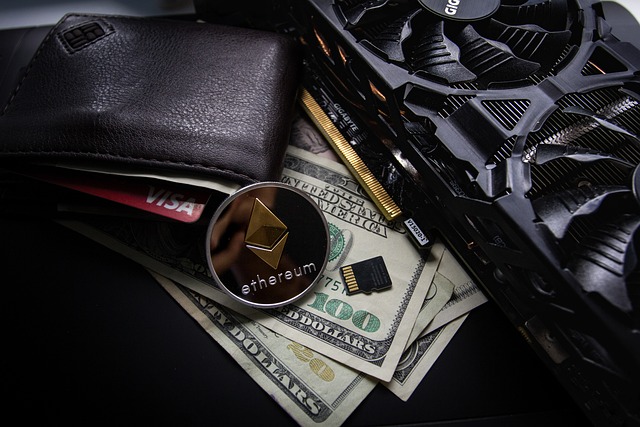More people than ever are buying, selling, and trading Bitcoin (BTC). You may be looking to get into the crypto market and start riding the wave, but besides deciding on the currency to trade, deciding on how you’ll store any coin you invest in is your next most important decision.
Crypto Wallets Are the Answer
The word “wallet” is a bit misleading since a bitcoin wallet doesn’t keep physical coins in the same way that traditional wallets would. Instead, they manage the private keys which provide you with the tools and the authority to perform transactions, as well as access to the public ledger to display the value of your holdings. Both the private and public keys are stored in cryptocurrency wallets, which also offer a user-friendly platform for managing cryptocurrency holdings. Most also support blockchain-based bitcoin transfers.
Some wallets even enable users to conduct certain activities with their cryptocurrency assets, such as trading with decentralized applications (dApps). Although it is possible to hold crypto right on the exchange that you’re using, you need to consider transferring the bulk to a wallet. By doing it this way, you are the only person with access to your assets and possession of your encryption keys can stay secure.
Public & Private Crypto Keys
A key, in IT terms, is a lengthy string of illogical, erratic letters, numbers, and symbols. A private key is similar to your online banking PIN or password and must be considered confidential, whereas a public key is similar to your bank account details and can be safely shared. Each public key in encryption has a matching private key and when combined, they enable you to see your priceless coin by encrypting and decrypting data from the blockchain.
Beware of Keeping Coins in an Exchange
Third party key storage is now being provided by bitcoin exchanges to their clients, but individuals ought to use this service with caution because malicious hackers consider coin exchanges as very valuable targets. Also, there is no certainty that the exchange will pay your crypto back if the exchange happens to go out of business while you’re storing crypto with them. Stored digital currencies may be regarded as the property of a bankruptcy estate by law in many countries. If there aren’t enough assets to sell and recoup the funds that the bankrupt exchange owes its creditors, then your crypto holdings get seized as a part of the failed exchanges portfolio.
Do You Need a Hot Wallet for Your Crypto?
The long and short answer is yes. If you don’t have a way to use your private keys as well as an interface that can connect with a blockchain, you will not be able to touch your cryptocurrencies. It’s also crucial not to store your private keys on a hot wallet until you need to move any coin because while all wallets can hold your keys, only hot wallets can connect to the blockchain and facilitate transactions.
Be advised that buying cryptocurrency carries a high level of risk and is wildly uncertain. We advise that before making life-changing financial choices, always seek the advice of a knowledgeable professional because every person’s circumstance is different, but with due diligence, and a lot of luck, you could be the next crypto king.







